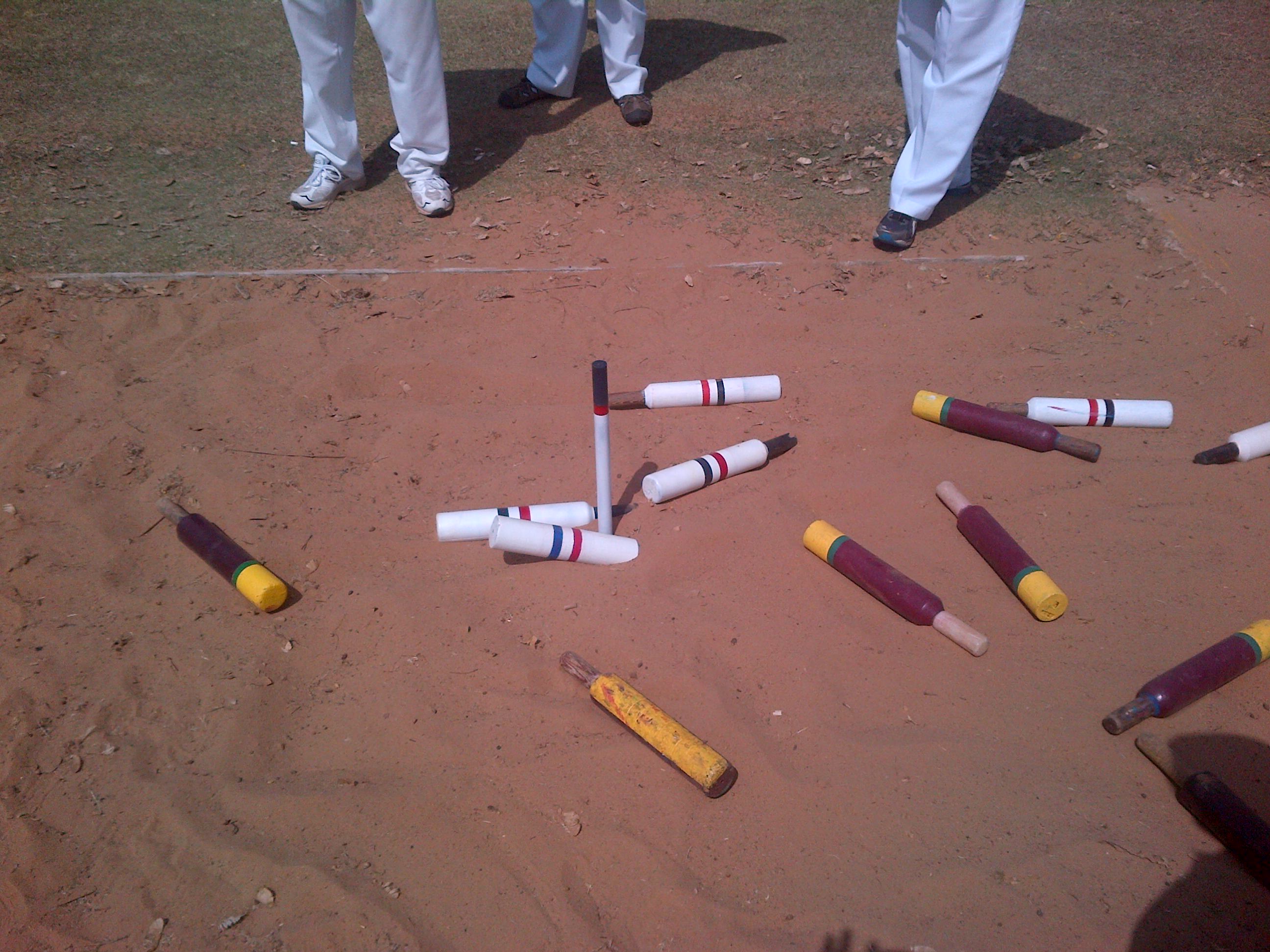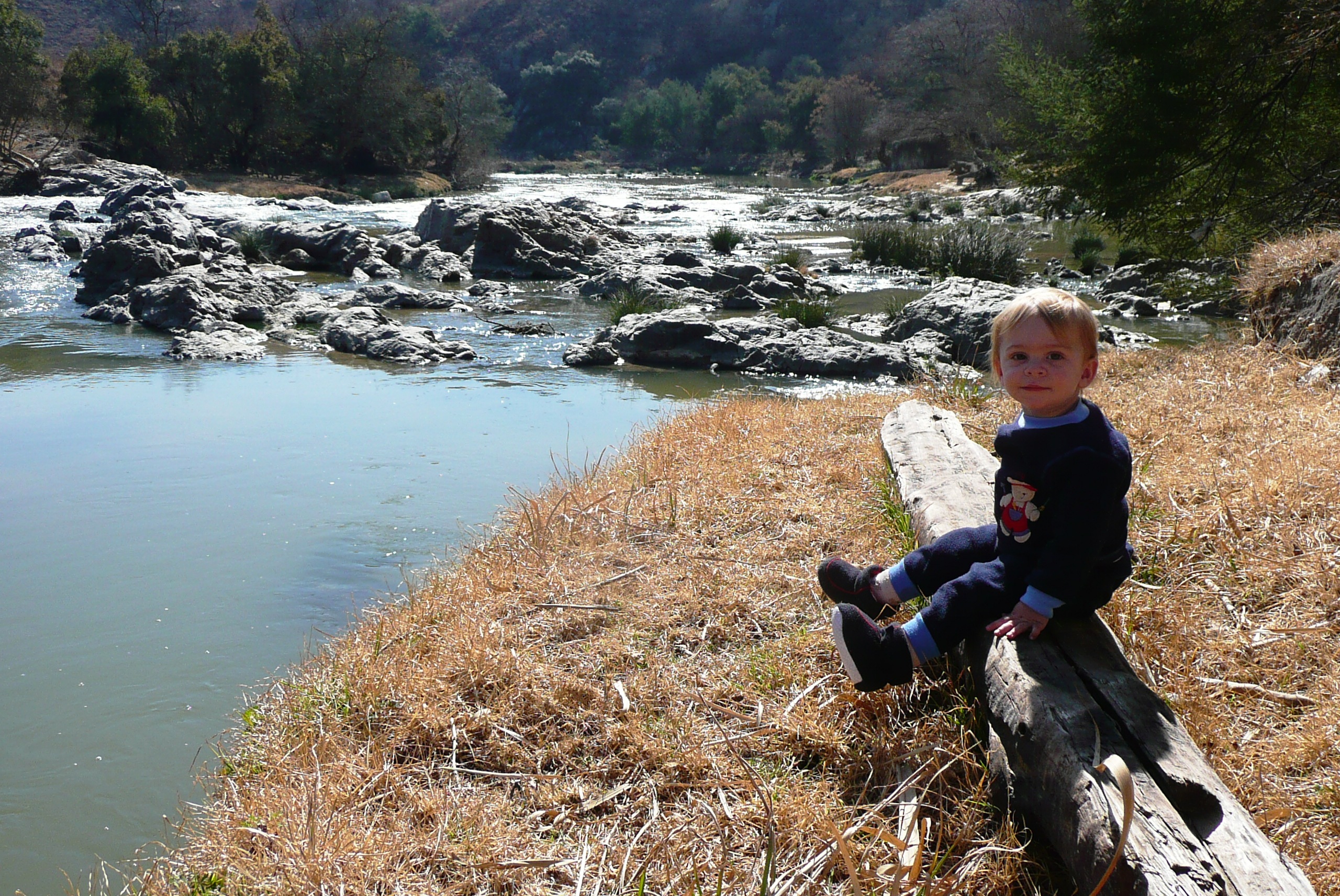|
Jukskei
Jukskei is a 270-year-old folk sport ( af, Boeresport) developed and played in South Africa. History Jukskei is believed to have originated around 1743 in the Cape of Good Hope, South Africa, developed by "transport riders" who traveled with ox-drawn wagons. They used the wooden pins of the yokes (yoke af, juk divider: ''skei'') of the oxen to throw at a stick that was planted into the ground. The game was also played during the . It was also played by the farmers from the Boland on beaches. Jukskei became an organized sport around the year 1939, when the first unions were established and rules were formalized. [...More Info...] [...Related Items...] OR: [Wikipedia] [Google] [Baidu] |
Jukskei River
The Jukskei River is one of the largest rivers in Johannesburg, South Africa. It is the southernmost river in the Crocodile River (West) basin. Course The Jukskei begins in Ellis Park in Johannesburg. Its original spring was on the former Doornfontein farm, which measured at 18,000 liters per hour, but has since disappeared under subsequent urban development. Now the first surface expression of the Jukskei is in Bertrams at the intersection of Queen Street and Sports Avenue where it emerges from a storm drain. From there the river flows through Bezuidenhout Valley and Bruma. It then meanders in a northerly direction through Bedfordview and Edenvale before flowing through Alexandra Township. It then turns northwest and flows through Modderfontein, Buccleuch, Leeuwkop Prison, Lone Hill, Dainfern and Steyn City before joining the Crocodile River (Limpopo) outside Lanseria. Tributaries The Jukskei River is joined by numerous streams along its course with its major tributaries being ... [...More Info...] [...Related Items...] OR: [Wikipedia] [Google] [Baidu] |
Afrikaners
Afrikaners () are a South African ethnic group descended from Free Burghers, predominantly Dutch settlers first arriving at the Cape of Good Hope in the 17th and 18th centuries.Entry: Cape Colony. ''Encyclopædia Britannica Volume 4 Part 2: Brain to Casting''. Encyclopædia Britannica, Inc. 1933. James Louis Garvin, editor. They traditionally dominated South Africa's politics and commercial agricultural sector prior to 1994. Afrikaans, South Africa's third most widely spoken home language, evolved as the First language, mother tongue of Afrikaners and most Cape Coloureds. It originated from the Dutch language, Dutch vernacular of South Holland, incorporating words brought from the Dutch East Indies (now Indonesia) and Madagascar by slaves. Afrikaners make up approximately 5.2% of the total South African population, based upon the number of White South Africans who speak Afrikaans as a first language in the South African National Census of 2011. The arrival of Portugal, Portug ... [...More Info...] [...Related Items...] OR: [Wikipedia] [Google] [Baidu] |
Kroonstad
Kroonstad (Afrikaans directly translated "Crown City") is the third largest city in the Free State (after Bloemfontein and Welkom) and lies two hours' drive on the N1 from Gauteng. Maokeng is an area within Kroonstad, and is occasionally used as a synonym of the town itself. It is the second-largest commercial and urban centre in the Northern Free State (after Welkom), and an important railway junction on the main line from Cape Town to Johannesburg. ''Maokeng'' is Sesotho and means "place of the thorn trees (mimosa trees)". History Kroonstad was established in 1855 by the Irish pioneer Joseph Orpen, and was the first founded after the independence of the Orange Free State. While ' means "crown", this was in fact the name of a horse that had drowned in the nearby ford. A lover of animals, Orpen had witnessed the incident, and named the infant settlement in honour of the unfortunate creature. Similarly, the ford in question came to be known as ''Kroondrift''. During the Seco ... [...More Info...] [...Related Items...] OR: [Wikipedia] [Google] [Baidu] |
Afrikaner People
Afrikaners () are a South African ethnic group descended from Free Burghers, predominantly Dutch settlers first arriving at the Cape of Good Hope in the 17th and 18th centuries.Entry: Cape Colony. ''Encyclopædia Britannica Volume 4 Part 2: Brain to Casting''. Encyclopædia Britannica, Inc. 1933. James Louis Garvin, editor. They traditionally dominated South Africa's politics and commercial agricultural sector prior to 1994. Afrikaans, South Africa's third most widely spoken home language, evolved as the First language, mother tongue of Afrikaners and most Cape Coloureds. It originated from the Dutch language, Dutch vernacular of South Holland, incorporating words brought from the Dutch East Indies (now Indonesia) and Madagascar by slaves. Afrikaners make up approximately 5.2% of the total South African population, based upon the number of White South Africans who speak Afrikaans as a first language in the South African National Census of 2011. The arrival of Portugal, Portug ... [...More Info...] [...Related Items...] OR: [Wikipedia] [Google] [Baidu] |
A Classic Jukskei Game 2014-02-01 12-20
A, or a, is the first letter and the first vowel of the Latin alphabet, used in the modern English alphabet, the alphabets of other western European languages and others worldwide. Its name in English is ''a'' (pronounced ), plural ''aes''. It is similar in shape to the Ancient Greek letter alpha, from which it derives. The uppercase version consists of the two slanting sides of a triangle, crossed in the middle by a horizontal bar. The lowercase version can be written in two forms: the double-storey a and single-storey ɑ. The latter is commonly used in handwriting and fonts based on it, especially fonts intended to be read by children, and is also found in italic type. In English grammar, " a", and its variant " an", are indefinite articles. History The earliest certain ancestor of "A" is aleph (also written 'aleph), the first letter of the Phoenician alphabet, which consisted entirely of consonants (for that reason, it is also called an abjad to distinguis ... [...More Info...] [...Related Items...] OR: [Wikipedia] [Google] [Baidu] |
South Africa
South Africa, officially the Republic of South Africa (RSA), is the southernmost country in Africa. It is bounded to the south by of coastline that stretch along the South Atlantic and Indian Oceans; to the north by the neighbouring countries of Namibia, Botswana, and Zimbabwe; and to the east and northeast by Mozambique and Eswatini. It also completely enclaves the country Lesotho. It is the southernmost country on the mainland of the Old World, and the second-most populous country located entirely south of the equator, after Tanzania. South Africa is a biodiversity hotspot, with unique biomes, plant and animal life. With over 60 million people, the country is the world's 24th-most populous nation and covers an area of . South Africa has three capital cities, with the executive, judicial and legislative branches of government based in Pretoria, Bloemfontein, and Cape Town respectively. The largest city is Johannesburg. About 80% of the population are Black South Afri ... [...More Info...] [...Related Items...] OR: [Wikipedia] [Google] [Baidu] |
Cape Of Good Hope
The Cape of Good Hope ( af, Kaap die Goeie Hoop ) ;''Kaap'' in isolation: pt, Cabo da Boa Esperança is a rocky headland on the Atlantic coast of the Cape Peninsula in South Africa. A common misconception is that the Cape of Good Hope is the southern tip of Africa, based on the misbelief that the Cape was the dividing point between the Atlantic and Indian oceans, and have nothing to do with north or south. In fact, by looking at a map, the southernmost point of Africa is Cape Agulhas about to the east-southeast. The currents of the two oceans meet at the point where the warm-water Agulhas current meets the cold-water Benguela current and turns back on itself. That oceanic meeting point fluctuates between Cape Agulhas and Cape Point (about east of the Cape of Good Hope). When following the western side of the African coastline from the equator, however, the Cape of Good Hope marks the point where a ship begins to travel more eastward than southward. Thus, the first mode ... [...More Info...] [...Related Items...] OR: [Wikipedia] [Google] [Baidu] |
Great Trek
The Great Trek ( af, Die Groot Trek; nl, De Grote Trek) was a Northward migration of Dutch-speaking settlers who travelled by wagon trains from the Cape Colony into the interior of modern South Africa from 1836 onwards, seeking to live beyond the Cape's British colonial administration. The Great Trek resulted from the culmination of tensions between rural descendants of the Cape's original European settlers, known collectively as ''Boers'', and the British Empire. It was also reflective of an increasingly common trend among individual Boer communities to pursue an isolationist and semi-nomadic lifestyle away from the developing administrative complexities in Cape Town. Boers who took part in the Great Trek identified themselves as ''voortrekkers'', meaning "pioneers", "pathfinders" (literally "fore-trekkers") in Dutch and Afrikaans. The Great Trek led directly to the founding of several autonomous Boer republics, namely the South African Republic (also known simply as the '' ... [...More Info...] [...Related Items...] OR: [Wikipedia] [Google] [Baidu] |
Boland, Western Cape
The Boland (Afrikaans for "top country" or "land above") is a region of the Western Cape province of South Africa, situated to the northeast of Cape Town in the middle and upper courses of the Berg and Breede Rivers, around the Boland Mountains of the central Cape Fold Belt. It is sometimes also referred to as the Cape Winelands because it is the primary region for the making of Western Cape wine. Geography Although the Boland does not have defined boundaries, its core lies around the Boland Mountains and the towns of Stellenbosch, Paarl and Worcester. It may be understood to extend as far as Malmesbury, Tulbagh, Swellendam and Somerset West. This is approximately the area included in the Cape Winelands District Municipality, which was formerly called the Boland District Municipality. To the southwest lies the Cape Town metropolitan area, to the northwest the Swartland and West Coast, to the northeast the Great Karoo, to the east the Little Karoo, and to the south the Overberg. ... [...More Info...] [...Related Items...] OR: [Wikipedia] [Google] [Baidu] |
Indigenous Games Project
Indigenous may refer to: * Indigenous peoples * Indigenous (ecology), presence in a region as the result of only natural processes, with no human intervention *Indigenous (band), an American blues-rock band *Indigenous (horse), a Hong Kong racehorse * ''Indigenous'' (film), Australian, 2016 See also *Disappeared indigenous women * Indigenous Australians *Indigenous language *Indigenous religion *Indigenous peoples in Canada In Canada, Indigenous groups comprise the First Nations, Inuit and Métis. Although ''Indian'' is a term still commonly used in legal documents, the descriptors ''Indian'' and ''Eskimo'' have fallen into disuse in Canada, and most consider them ... * Native (other) * * {{disambiguation ... [...More Info...] [...Related Items...] OR: [Wikipedia] [Google] [Baidu] |
Free State (South African Province)
The Free State, known as Orange Free State until the 28th of June 1995 when its name was changed, is a province of South Africa. Its capital is Bloemfontein, which is also South Africa's judicial capital. Its historical origins lie in the Boer republic called the Orange Free State and later Orange Free State Province. History The current borders of the province date from 1994 when the Bantustans were abolished and reincorporated into South Africa. It is also the only one of the four original provinces of South Africa not to undergo border changes, apart from the reincorporation of Bantustans, and its borders date from before the outbreak of the Boer War. Law and government The provincial government consists of a premier, an executive council of ten ministers, and a legislature. The provincial assembly and premier are elected for five-year terms, or until the next national election. Political parties are awarded assembly seats based on the percentage of votes each party receive ... [...More Info...] [...Related Items...] OR: [Wikipedia] [Google] [Baidu] |






